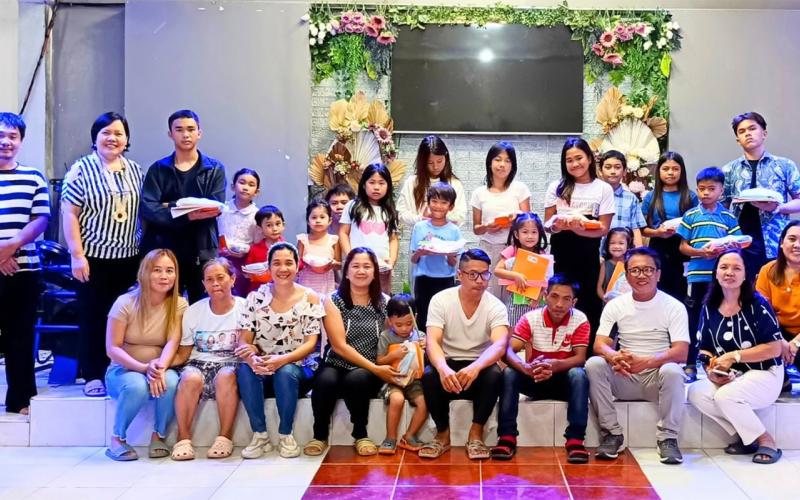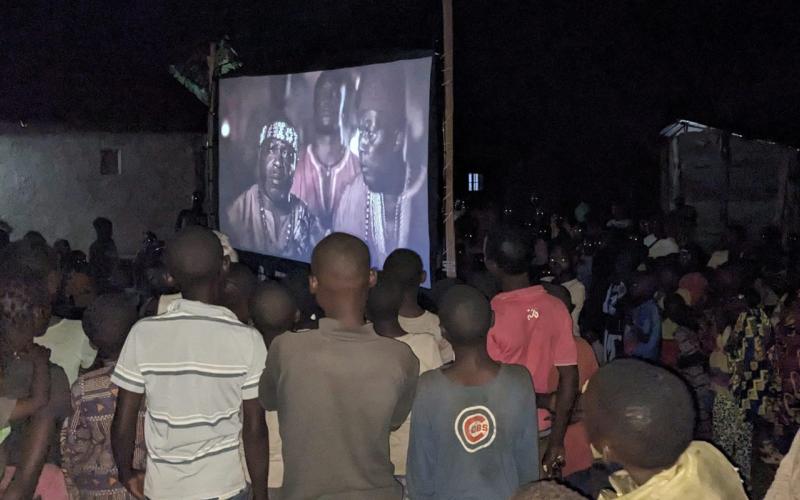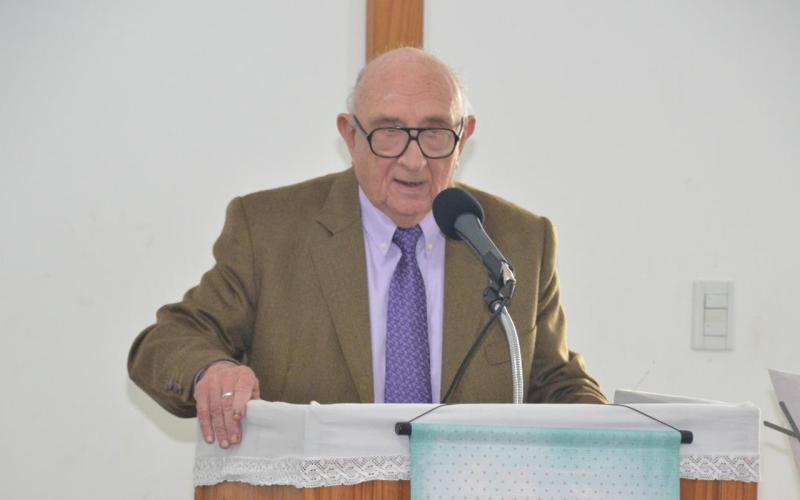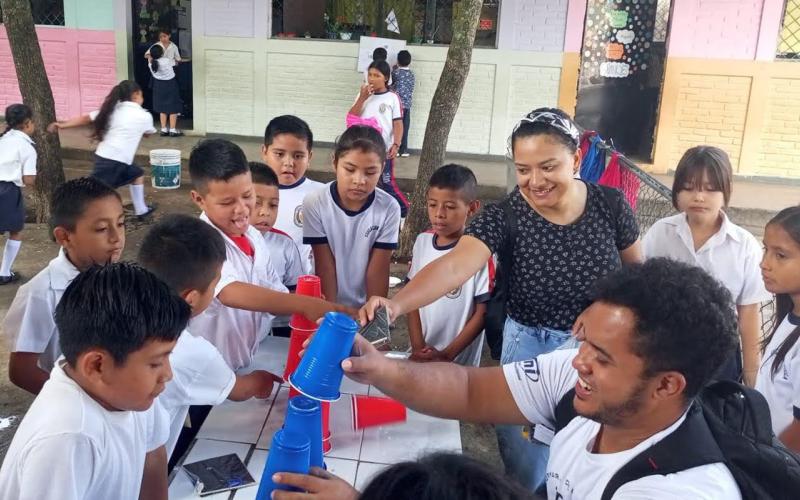
Armenian Nazarenes assist refugees

According to the United Nations Refugee Agency, 17,000 Syrians — primarily of ethnic Armenian background — have found refuge in Armenia since the start of the Syrian civil war in 2010.
Leaving their belongings, houses, shops, factories, and extended family members, they have come to Armenia, hoping to provide a safe environment for their children and families. All of them have to start from zero. Their experiences are very different from the Armenian context. They have challenges and difficulties finding jobs, starting small businesses, paying for rent and daily expenses, and adapting to the new life in all its aspects.
For most of them, the unknown is a paralyzing factor for their daily life. They don’t know what has happened to their houses and shops. Others don’t know how long they will have to stay in Armenia, and to deal with unemployment and lack of resources.
The government of the Republic of Armenia has been trying to support many of the families by providing Armenian passports to those with an Armenian background. Nongovernment organizations, independently or in partnership with the United Nations Armenia, have been initiating some short-term relief assistance programs and micro business loans. However, daily details and challenges that many of those families face are usually unattended.
The Church of the Nazarene in Yerevan, Armenia, has been establishing relationships with Syrian families, and many needs have started to be uncovered in the process.
One family of four — a mother and her 12- and 6-year-old sons and 9-year-old daughter — arrived in Armenia in May 2014. The father and the grandfather had been kidnaped and killed by a militant group, and the mother had been receiving threatening calls from the group. Armenia became their only haven.
Arriving in the new land was not easy. The mother has to deal with the growing needs of the three children, for whom life has become a big question mark. They have to deal with loss, anger, fear, frustration, and questions that so many times remain unanswered.
After coming to a church service, the family started to develop relationships with the church members. The identified needs are vast, and the church has started to initiate support by tackling different need areas.
Home visits and food items are being provided according to need. The mother is being encouraged to follow cake baking and decorating classes to start a small business. The church is planning to assist her in equipping her kitchen for that home business.
One of the church members, also a Syrian, is teaching her how to make waxing for goldsmith production so that she can have some pocket money through this skill.
The young son is attending karate classes in his school for free. The older one wanted to attend, too, but because of lack of resources, the mother did not give him her consent. Finding this activity a way for the boy to release and learn to control his anger and negative emotions, the church decided to fund this activity and let the older boy attend the karate classes, too.
The church has also taken into account the possible need for professional psychological support in the near future.
The congregation assists individuals and families by networking and referring them to services they need, finding apartments for rent, looking for employment and orienting them in business development issues. The church would like to also provide more services for the families, such as providing school support sessions for the children who have a hard time adapting to the Eastern Armenian dialect and Russian language in the school.
The church is also trying to have funds to support a number of families in attending skills development classes and starting home businesses. Along the process, the church is looking forward to further enroll the parents and children in the church life and bring them to a relationship with the church and a growing relationship with Christ, which will be their ultimate anchor that will sustain them in their new life and its challenges and difficulties.



